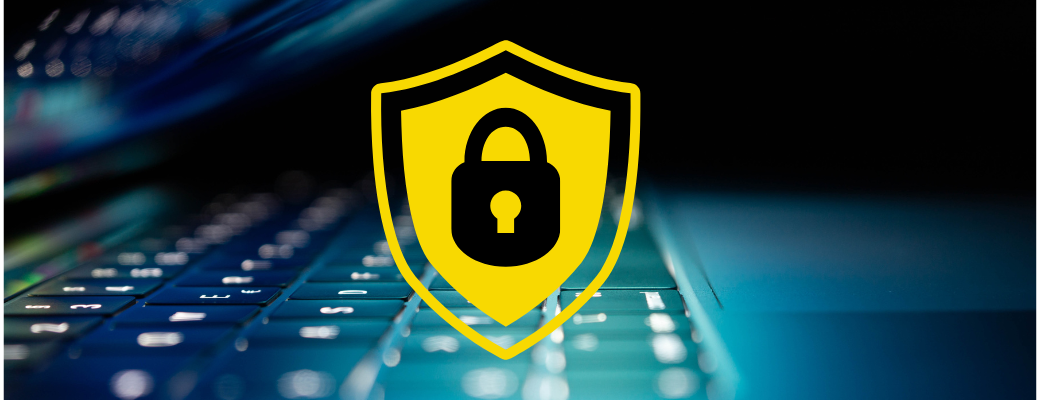Stay Safe and Secure
Cybercrime is a fast-growing area of crime causing serious harm.
Stolen details like username and passwords from sites hacked recently and even many years ago are available for sale on the internet. Criminals are using these details to attempt to log into any site not just the one they were stolen from.
Scams and fraudulent actions have hit hotels and other areas of the tourism industry including mayor players.
- Accepting a prompt or pop-up without reading it first.
- Downloading software from an unreliable source.
- Opening email attachments from unknown senders.
- Pirating media such as movies, music, or games.
- Clicking a link to a malware-laden website.
What can you do to protect your devices and your and your customers data?
Keep your passwords secure
- If you are still using an old password or the same password on multiple sites you are at risk that a criminal can log into all your accounts if one is hacked. For example, your old myspace password is likely in the hands of hackers who are actively trying to log in to every single site on the internet with it.
- Always reset passwords sent via Email immediately.
- Do not reuse your main Email password. If a hacker has access to your main Email account he could easily change your passwords for other services because password resets are sent to your main email account.
- Lock your phone, tablet and computers in areas with public access. Re-entering passwords is tedious but can prevent unauthorized access.
- Change your passwords regularly. If you have not changed your passwords recently, now is the time to do it.
Use 2-Factor Authentication
Two-factor authentication adds an additional layer of security to the authentication process by making it harder for attackers to gain access to devices or online accounts.
Many services including Beds24 support 2-factor authentication. If you have not already done so activate 2-factor authentication in SETTINGS > ACCOUNT > PRIVACY in your Beds24 account.
Update your operating system
- Make sure you update your operating system to the latest version to have the latest security features.
Make sure your browser is safe
- Use the latest version of your web browser and install all security updates. Normally the latest version of a web browser contains security fixes and new features to protect from known security risks.
- Check which security features your browser offers. Your browsers help page gives you information on available features and explains how to activate them.
Protect from malware and phishing
- Email attachments are a common source of virus infection. Do not open attachments from someone you do not know. If you know the sender but were not expecting an attachment check with the sender before you open it.
- Only enter personal information, credit card numbers, bank information, or other personal information on secure sites. Secure sites have a locked padlock or unbroken key symbol in the URL and are showing in your browser using https (not http).
- Links in Emails (hyperlinks which open websites when you click) are often used for phishing and spyware scams and can also transmit viruses. Check who the sender is before you click on a link.
- Web browser add-ons which allow webpages to display toolbars, stock tickers, video or other features can also install spyware and malicious software. Only install add-on from trusted sources.
- Most Wi-Fi hotspots do not encrypt information. Any program or person using software that searches for data being transferred on a Wi-Fi network can intercept your data. If you are not using encryption software you should not access any sites which contain critical information or enter passwords while using public Wi-Fi.
Install a firewall, virus protection and spyware protection
- A firewall checks information going through your computer and allows or denies access based on your security settings. This can prevent hackers and malicious software from gaining access to your computer.
- Antivirus programs scan e‑mail and other files on your computer for viruses, worms, and trojans and either isolate it or delete it before it can do harm.
- An anti spyware program can remove or block spyware.
Get the latest information
Government organizations for example in the US, the police or organizations providing consumer information provide up to date information on how to protect your data and your devices.

